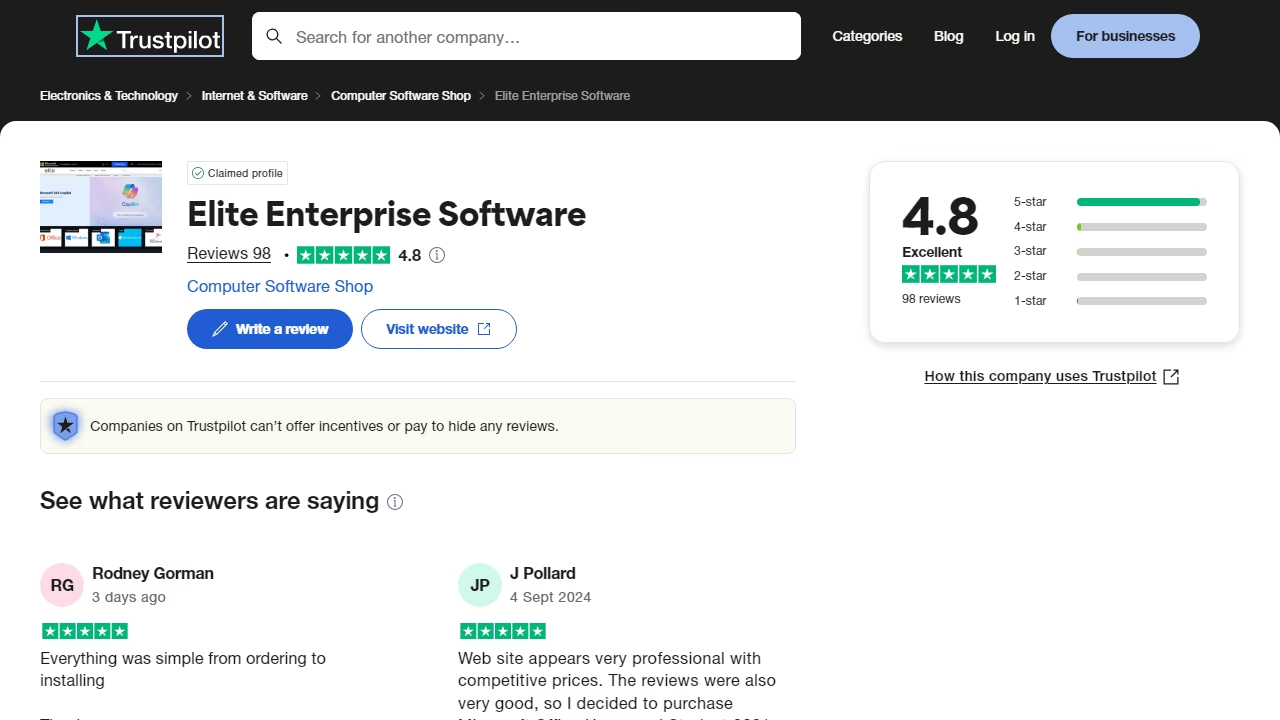Microsoft’s AI Developments in Gaming: What They Could Mean for Windows and Office

In 2024, Microsoft filed a patent that has sparked conversations in the gaming industry. The patent explores how generative artificial intelligence (AI) could enhance game development, allowing for real-time creation of content such as objects, gameplay rules, non-player characters (NPCs), and even narrative elements based on user prompts. While this patent is specifically geared toward the gaming sector, it hints at broader possibilities for AI integration across Microsoft's suite of products, including Windows and Office.
The Promise of AI in Game Development
Generative AI has the potential to revolutionize game design by allowing developers and players to create highly personalized experiences. For example, in a game like Minecraft (owned by Microsoft), players could use AI to craft unique content based on simple prompts—whether it's new game mechanics, storylines, or characters. This could make games more dynamic and responsive to user preferences, pushing the boundaries of traditional gaming experiences.
But what does this mean beyond gaming? Let’s explore how AI in game development could eventually influence Microsoft's other core products.
Windows: A More Personalized Operating System
Windows, the backbone of Microsoft’s ecosystem, is a powerful platform for productivity, entertainment, and creativity. With the rise of AI in gaming, it’s not hard to imagine how these advancements could trickle into the Windows operating system.
For instance, AI could help streamline tasks such as desktop organization, file management, and system optimization. Just as AI in games allows for the dynamic creation of content, Windows could see features that allow for real-time, AI-generated content suggestions. Imagine a system that predicts the files or apps you’ll need based on your habits, or an AI assistant that adjusts system settings for optimal performance based on your usage.
Additionally, with Microsoft's investments in AI through partnerships like OpenAI, we may see more AI-driven tools integrated directly into Windows, further enhancing user experience, whether it’s in terms of security, system maintenance, or personalization.
Office: Revolutionizing Productivity Tools with AI
While Microsoft Office is widely used for productivity, integrating AI tools could significantly improve how we interact with these applications. Just as the patent envisions dynamic content generation in gaming, AI could bring similar functionalities to apps like Word, Excel, and PowerPoint.
Word: AI could be used to assist with writing and editing, offering personalized suggestions for improving text or automatically generating content based on user prompts. Whether you’re drafting a report or creating a proposal, AI-powered tools could help you get started faster, refine your work, and even suggest structure improvements based on context.
Excel: Imagine an AI assistant in Excel that can automatically generate formulas based on your data and suggest ways to visualize it. AI could analyze your data patterns and recommend the best course of action, from pivot tables to complex financial models, improving both efficiency and accuracy.
PowerPoint: With AI, PowerPoint presentations could be created in an entirely new way. Based on your input, an AI might automatically suggest slide layouts, content, and even designs that best fit your message, transforming the presentation creation process.
The Bigger Picture: AI Across the Microsoft Ecosystem
Microsoft has shown a strong commitment to AI, investing billions into OpenAI and making AI a core part of its long-term strategy. Beyond gaming, these advancements will likely lead to more powerful and efficient tools across the entire Microsoft ecosystem. For instance, AI might help reduce repetitive tasks and assist in decision-making processes, making both work and personal computing more intuitive.
We may also see AI drive advancements in Microsoft’s cloud offerings, such as Azure, by providing more intelligent services to developers and businesses. AI could help companies generate and test software, optimize workflows, and personalize services more effectively than ever before.
The Future: Synergy Between Gaming, Productivity, and AI
While the patent for AI-powered gaming tools may seem far removed from everyday productivity software, it’s part of a larger vision for how AI will integrate across all of Microsoft’s products. Just as gaming is being enhanced by AI, other Microsoft tools like Windows and Office will likely continue evolving with more AI-driven capabilities.
In the future, we could see an ecosystem where everything from gaming to work becomes more personalized, automated, and efficient. And while Microsoft’s AI-driven future is still in its early stages, the potential for these innovations to impact a wide range of products is undeniable.
Conclusion
Microsoft’s exploration of AI in game development is just the beginning. As AI continues to evolve, it will likely shape the future of not only gaming but also the tools we use every day, such as Windows and Office. By leveraging AI, Microsoft can provide users with more personalized, efficient, and innovative experiences, paving the way for a future where productivity and creativity are powered by artificial intelligence.

